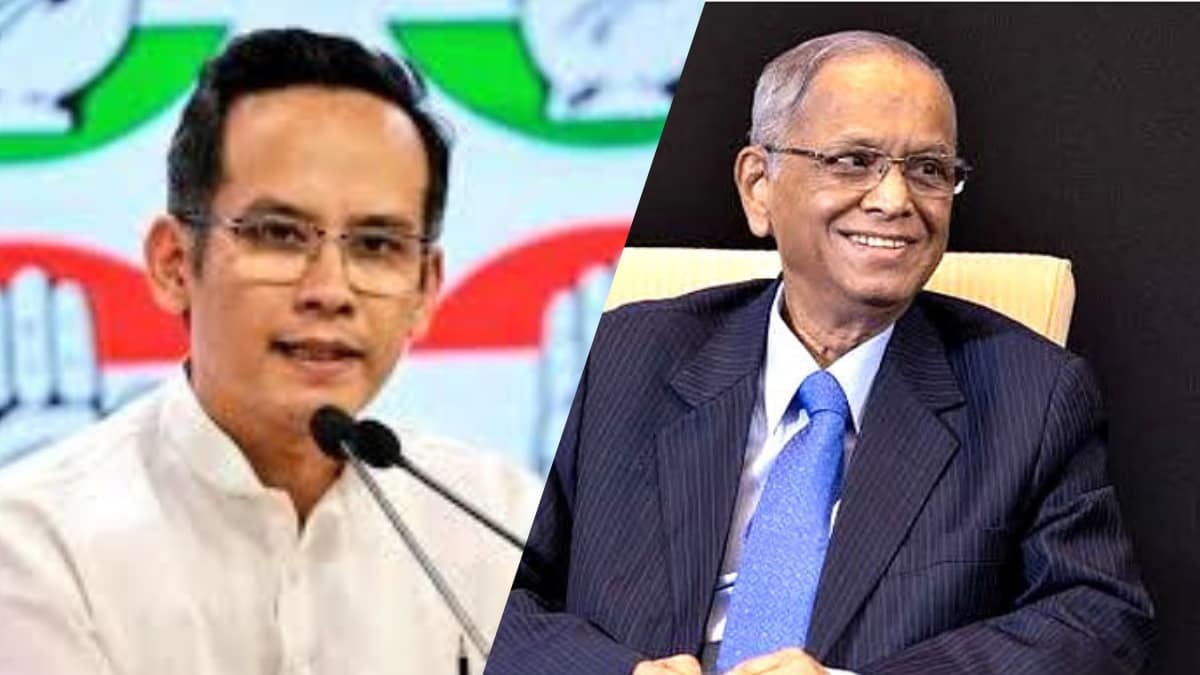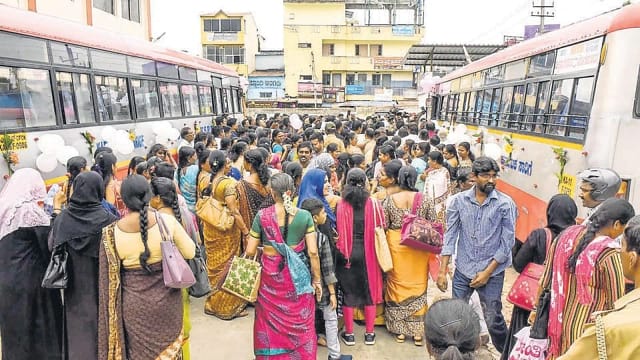Congress MP Responds to Infosys Co-founder’s Comments on Overwork CultureCongress MP Gaurav Gogoi has strongly disagreed with Infosys co-founder Narayana Murthy’s controversial views on work-life balance, which reignited debates on the pressures of overwork culture in India. Murthy, speaking at the CNBC Global Leadership Summit, argued that a 70-hour workweek was essential for India’s economic growth, stating, “I don’t believe in work-life balance” and suggesting that overworking was crucial for success.
Gogoi’s Response to Murthy’s Perspective
In a tweet posted on his official handle, Gaurav Gogoi expressed his disapproval of Murthy’s statement, emphasizing that the concept of work-life balance is far more complex, especially when considering the gendered nature of domestic responsibilities. Gogoi pointed out that the traditional division of labor, where women bear a disproportionate share of household duties, complicates the idea of balance between professional and personal life.
“What is life but looking after your children, cooking for them, teaching them, taking care of your elderly parents, being there for your friends in their times of need, making sure that your house is in order?” Gogoi stated, challenging the narrow definition of life that Murthy proposed. The Congress leader added, “The above is just as much a man’s job as it is a woman’s.”
Gogoi painted a broader picture of life as a balancing act between various responsibilities, both personal and professional. He criticized the notion that work-life balance is a luxury for a privileged few, particularly men, who have historically been able to separate their personal lives from their work commitments. “Traditionally working women don’t even have the choice to cut away life from work. It is a luxury that traditionally men have and one that they have to forego in the modern world,” he remarked.
Gender Dynamics and the Need for Equity
Gogoi highlighted the challenges that women face in balancing both work and life responsibilities. He pointed out that for women, the burden of managing the home and raising children often takes precedence, leaving them with little time for personal pursuits or rest. This inequality, according to Gogoi, should be addressed, as modern society requires both men and women to share family responsibilities equally.
His critique aligns with growing calls for a more egalitarian approach to domestic labor, where both men and women contribute equally to household management, childcare, and other personal duties.
A Call for Change in Work Culture
Gogoi’s response was partly triggered by a letter shared on social media, in which a user disagreed with Murthy’s stance. The user argued that longer working hours do not equate to higher productivity, pointing to countries that have shifted to a four-day workweek with positive results. “Employees are not slaves,” the user wrote, emphasizing that “women don’t have the luxury of working 70/80 hours a week either.”
The debate surrounding work-life balance and overwork culture has intensified in recent years, as businesses around the world experiment with flexible working hours and four-day work weeks. Advocates of such models argue that productivity and mental well-being can improve without the need for extended work hours.
Global Perspective on Work-Life Balance
Gogoi’s remarks echo the concerns of many workers globally who are advocating for a better work-life balance, citing research showing that longer work hours do not necessarily result in increased productivity. Countries such as Sweden and New Zealand have introduced four-day workweeks with encouraging results, prompting global discussions on how to redefine work culture in the modern era.
In India, however, the conversation remains more complex, with societal expectations, especially towards women, influencing how work and personal responsibilities are managed. The traditional work culture, often built around long hours, still prevails in many sectors, making it difficult for workers, particularly women, to find a balance between professional and personal life.
Conclusion
Gaurav Gogoi’s critique of Narayana Murthy’s stance on work-life balance underscores a broader debate about the changing dynamics of work and family life. While Murthy’s call for relentless work hours may resonate with some, Gogoi’s argument brings attention to the realities that many workers face, particularly women, who must navigate multiple roles both at work and at home. The need for more equitable sharing of domestic duties and a reassessment of work culture in India remains pressing, as both men and women seek a healthier, more balanced approach to life and work.
This news report is curated with insights from multiple reliable news sources.








